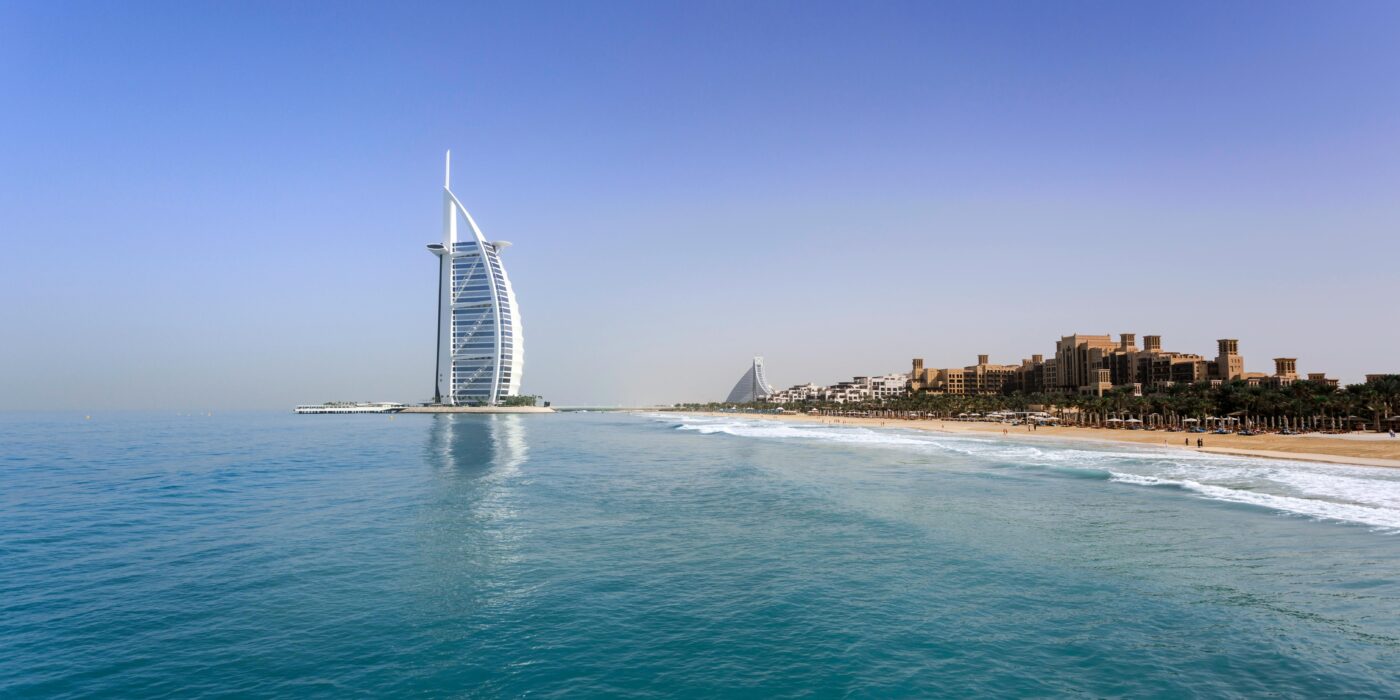Short-Term vs Long-Term Rentals in Dubai – How to Maximize Your Rental Income?
Thinking about maximizing your rental income in Dubai? Unlike long-term leases, short-term rentals on platforms like Airbnb can offer higher nightly rates, flexible pricing, and additional fees that boost your earnings.
Earning More with Short-Term Rentals vs. Long-Term Rentals in Dubai
- Higher Nightly Rates: Short-term rentals, such as those on Airbnb, often command higher nightly rates compared to the monthly rent you’d get from long-term tenants. This can lead to significantly higher revenue, especially during peak tourist seasons or major events in Dubai.
- Flexibility: Short-term rentals offer the flexibility to adjust pricing based on demand. You can increase rates during high-demand periods (e.g., holidays, major events) and lower them during off-peak times to attract more bookings, optimizing your earnings.
- Increased Occupancy Rates: By utilizing dynamic pricing strategies and marketing your property effectively, you can achieve higher occupancy rates with short-term rentals. This can sometimes surpass the stability of long-term rentals, which are fixed for the lease duration.
- Additional Fees: Short-term rental platforms often allow for additional fees, such as cleaning fees or service fees, which can further boost your income. These are not typically applicable in long-term rental agreements.
- Potential for Premium Guests: Short-term rentals attract travelers who may be willing to pay a premium for unique or luxurious accommodations, offering opportunities for higher earnings through upscale features and amenities.
- Tax Benefits: Depending on local regulations, short-term rental hosts might benefit from different tax structures compared to long-term rental income, potentially leading to more favorable financial outcomes.
- Higher Turnover: Frequent guest turnover in short-term rentals can mean more frequent reviews and higher ratings, enhancing the property’s visibility and attractiveness on booking platforms, potentially leading to increased bookings and revenue.Considerations: While short-term rentals can be more lucrative, they also require more hands-on management, including guest interactions, cleaning, and property maintenance. Long-term rentals offer stable, consistent income but might not match the potential high returns of short-term renting. Evaluate your investment strategy, available time for management, and market conditions to choose the best option for your property in Dubai.
How to Maximize Your Rental Income in Dubai?
Maximizing and optimizing rental income in Dubai involves strategic planning and smart property management. Here are some effective strategies:
- Market Research and Pricing: Regularly analyze market trends to set competitive rental rates. Adjust prices based on demand, seasonality, and comparable properties to ensure your rent remains attractive.
- High-Quality Property Management: Engage a professional property management company to handle day-to-day operations, tenant screening, and maintenance. Their expertise can help optimize your rental income and ensure high occupancy rates.
- Property Upgrades: Invest in property improvements and modern amenities that increase appeal and justify higher rental rates. Quality renovations and furnishings can attract premium tenants willing to pay more.
- Effective Marketing: Use high-quality photos and compelling descriptions in listings. Leverage social media, property platforms, and local networks to reach potential tenants and reduce vacancy periods.
- Flexible Lease Terms: Although long-term leases are common, offering options like shorter leases or flexible terms can attract tenants looking for temporary solutions, potentially increasing demand.
- Additional Income Streams: Consider adding value-added services or amenities, such as parking, housekeeping, or premium utilities, to generate extra income.
- Regular Maintenance: Keep the property well-maintained to prevent issues and retain tenant satisfaction, which can lead to longer leases and lower turnover rates.
By applying these strategies, you can effectively maximize and optimize your rental income, even with the constraints of long-term rental contracts.



